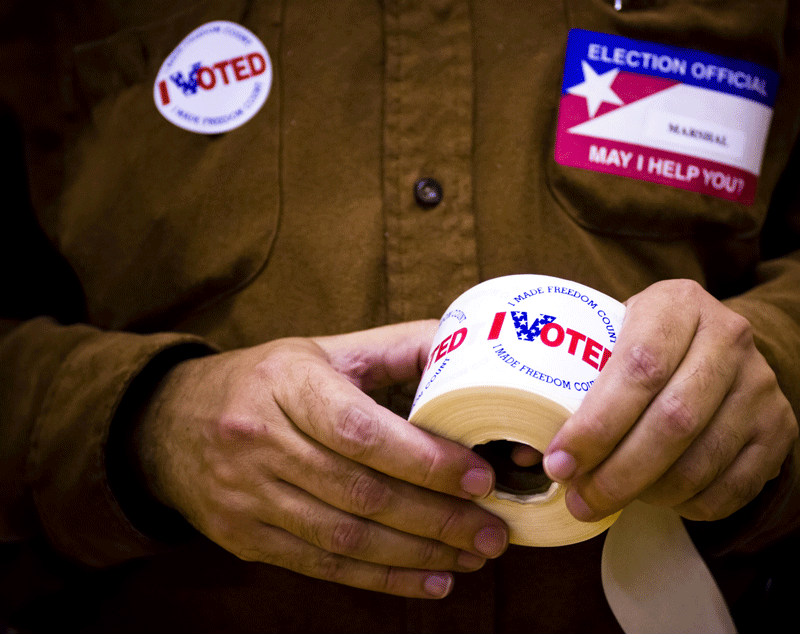
Roy Moore Wins Alabama Special Election
When President Trump appointed Alabama Senator Jeff Sessions to be his attorney general, Sessions’ U.S. Senate seat suddenly became available. Robert Bentley, the Alabama governor at the time, appointed Luther Strange to temporarily fill the seat. Last week, however, in a runoff election, Strange was defeated by Judge Roy Moore. Here, Election Central takes a closer look at the candidates, why this election mattered, and what it could mean for Trump and the GOP.
Big Luther and the Ten Commandments
Former Alabama attorney general Luther Strange was the incumbent currently occupying the Senate seat. He also enjoyed a strong fundraising advantage. Nicknamed “Big Luther” because he’s 6-foot-9, Strange was backed by strong Republican leaders such as Vice President Mike Pence, Senate Majority Leader Mitch McConnell, and the president himself. Trump spoke and tweeted several times on Strange’s behalf, and even recorded robo-calls voicing his support.
Meanwhile, Judge Roy Moore had the support of Steve Bannon, Trump’s former White House Chief Strategist. Moore is a former chief justice of the Alabama Supreme Court who was removed from that position twice. (The first time, he installed a monument to the Ten Commandments in the courthouse and refused to remove it; the second time, he defied the U.S. Supreme Court on same-sex marriage.) Moore has been nicknamed the “Ten Commandments Judge.” Even though Trump supported Strange in the Alabama race, most people agree that Moore’s message and basic philosophies aligned pretty closely with Trump’s own views.
What Happened?
On Election Day, despite a hefty financial advantage and the support of President Trump, Strange lost badly, even in districts where he was expected to do well. Moore, in his acceptance speech, announced that he was still a strong Trump supporter, even though Trump had backed his opponent. Now that Moore has won the Republican primary, Trump has pledged to help him in his bid for the Senate seat. Moore will now face Democrat Doug Jones in a general election on December 12.
What This Means for Trump
Even though Trump has been quick to offer his support of Moore in the general election, Strange’s defeat might weaken Trump’s political standing. But still, Alabama is a Trump stronghold: he won there in 2016 by more than two-thirds of the vote. Strange’s loss may also encourage more challengers to run against incumbents in Republican primaries, which could further divide the party.
In 2016, Trump ran as a populist candidate, working against the established order. Now, in the Alabama runoff election, he found himself on the side of the establishment, with Moore as the populist candidate. Analysts wonder if maybe the populist message that Trump helped fuel in 2016 has now moved beyond his control.


